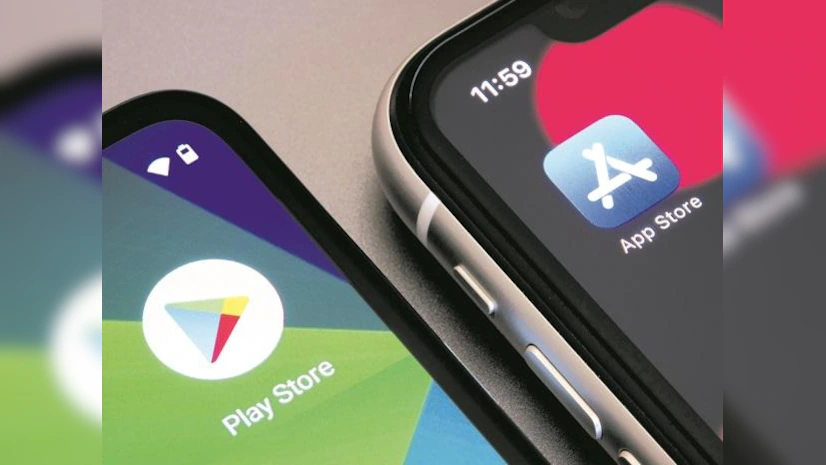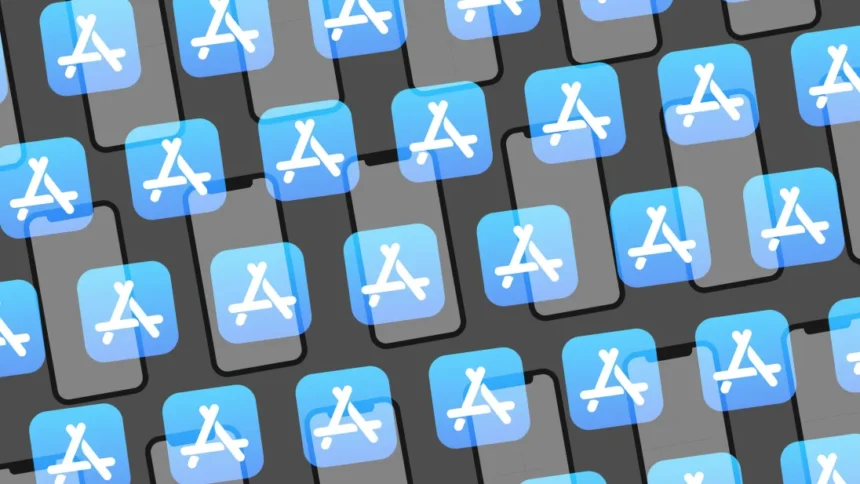In a significant cybersecurity sweep, Apple and Google have removed 20 malicious apps from their respective app stores after security researchers uncovered a data-stealing malware lurking within them for nearly a year.
A Year-Long Threat Discovered
Security experts at Kaspersky identified the malware, named SparkCat, which has been active since March 2024. Initially, the harmful software was detected within a popular food delivery app used in the United Arab Emirates and Indonesia. However, further investigation revealed that the same malware had infiltrated 19 additional, unrelated apps—spanning various categories—on the Google Play Store. Collectively, these apps had been downloaded over 242,000 times, putting a massive number of users at risk.
How SparkCat Stole Sensitive Information
SparkCat employed sophisticated techniques to extract sensitive user data. One of its primary capabilities was utilizing optical character recognition (OCR)—a technology designed to scan and interpret text from images. This feature allowed the malware to search through users’ image galleries for specific keywords linked to cryptocurrency wallet recovery phrases in multiple languages, including English, Chinese, Japanese, and Korean.
By capturing these recovery phrases, cybercriminals could gain full control over victims’ cryptocurrency wallets and siphon their funds without detection. Additionally, the malware was designed to extract personal data from screenshots, including passwords, private messages, and other sensitive credentials.
Apple and Google Take Swift Action
Once informed about the threat, Apple swiftly removed the compromised apps from the App Store last week, followed by Google taking similar action. Google has also banned the developers responsible for publishing the malicious applications.
A Google spokesperson confirmed that all known versions of the malware have been neutralized through Google Play Protect, an in-built security feature designed to detect and remove harmful applications from Android devices.
Apple has yet to release an official statement on the incident.

A Persistent Threat Beyond Official App Stores
While these malicious apps have been eradicated from Google Play and the App Store, the danger isn’t entirely over. Kaspersky’s telemetry data indicates that SparkCat is still available through third-party websites and unauthorized app stores, posing an ongoing risk to users who download apps from unverified sources.
How to Protect Yourself
Cybersecurity threats continue to evolve, making it crucial for mobile users to stay vigilant. Here are some essential security measures to help safeguard your data:
- Download apps only from official stores (Google Play and Apple App Store) and avoid third-party sources.
- Regularly update your apps and operating system to ensure you have the latest security patches.
- Use strong, unique passwords for different accounts and enable two-factor authentication (2FA) whenever possible.
- Monitor app permissions and be wary of apps requesting excessive access to personal data.
- Be cautious with screenshots and image storage, as malware like SparkCat can scan your image gallery for sensitive information.
- Enable Google Play Protect (for Android users) and keep an eye on any security alerts.
The Ongoing Battle Against Mobile Threats
This incident highlights the growing sophistication of cyber threats targeting mobile devices. While Apple and Google continue to enhance their security measures, malicious actors remain relentless in finding new ways to exploit vulnerabilities. Users must remain proactive in protecting their digital assets and personal data.
With the rapid rise of cryptocurrency adoption, cybercriminals are increasingly targeting wallet credentials. As a result, awareness and cyber hygiene are more important than ever to prevent falling victim to such attacks.
For now, Apple and Google have taken a firm stance by eliminating the infected apps and banning the responsible developers. However, the fight against malware remains an ongoing challenge, requiring constant vigilance from both tech companies and users alike.










